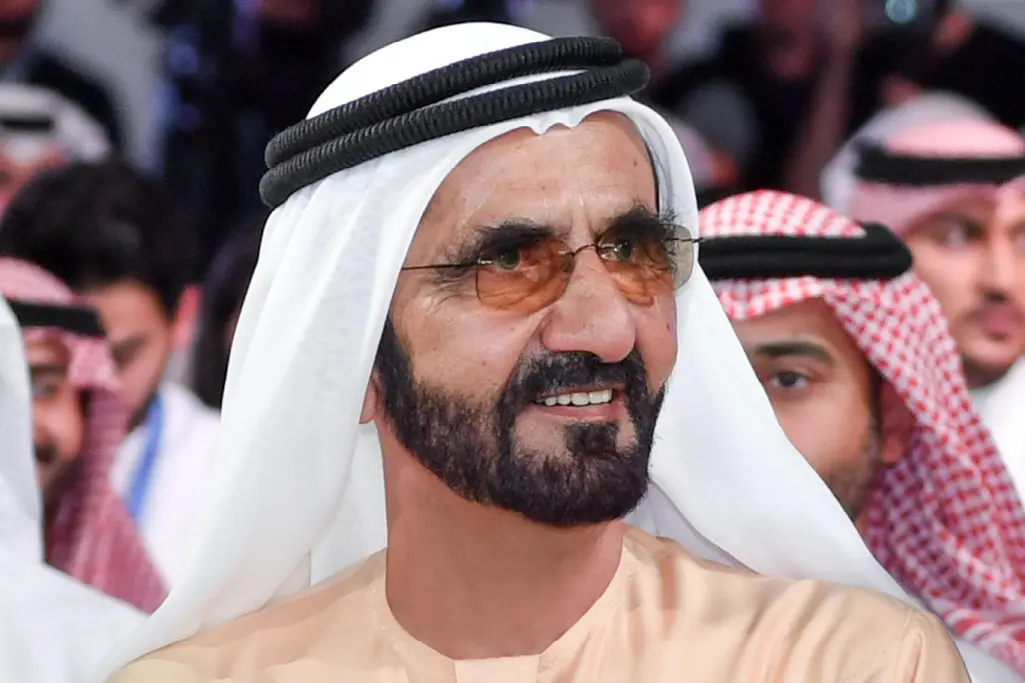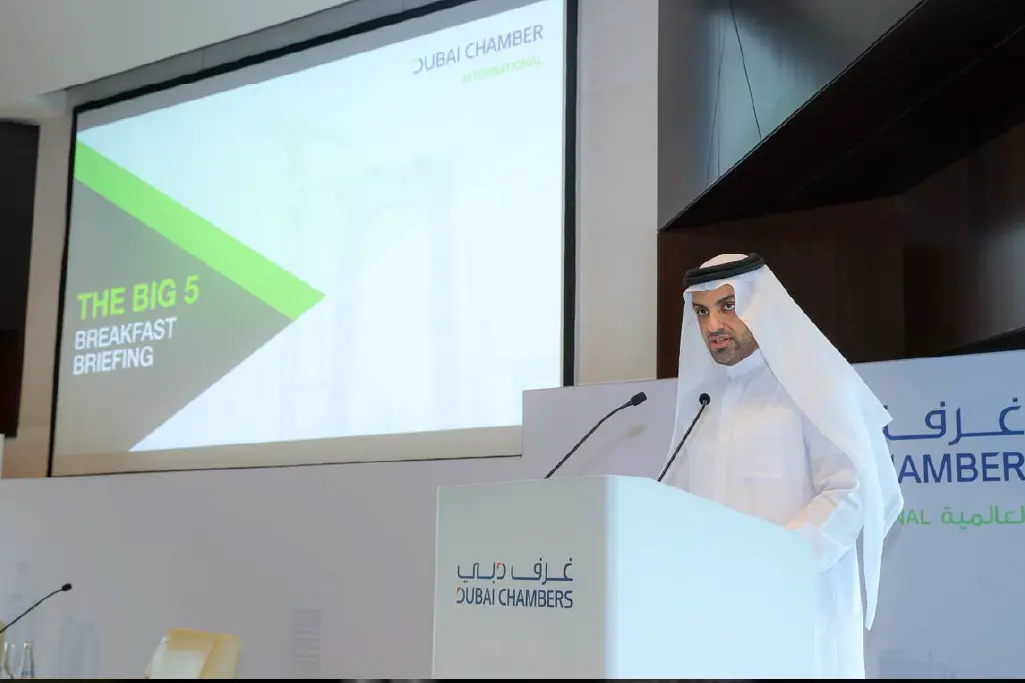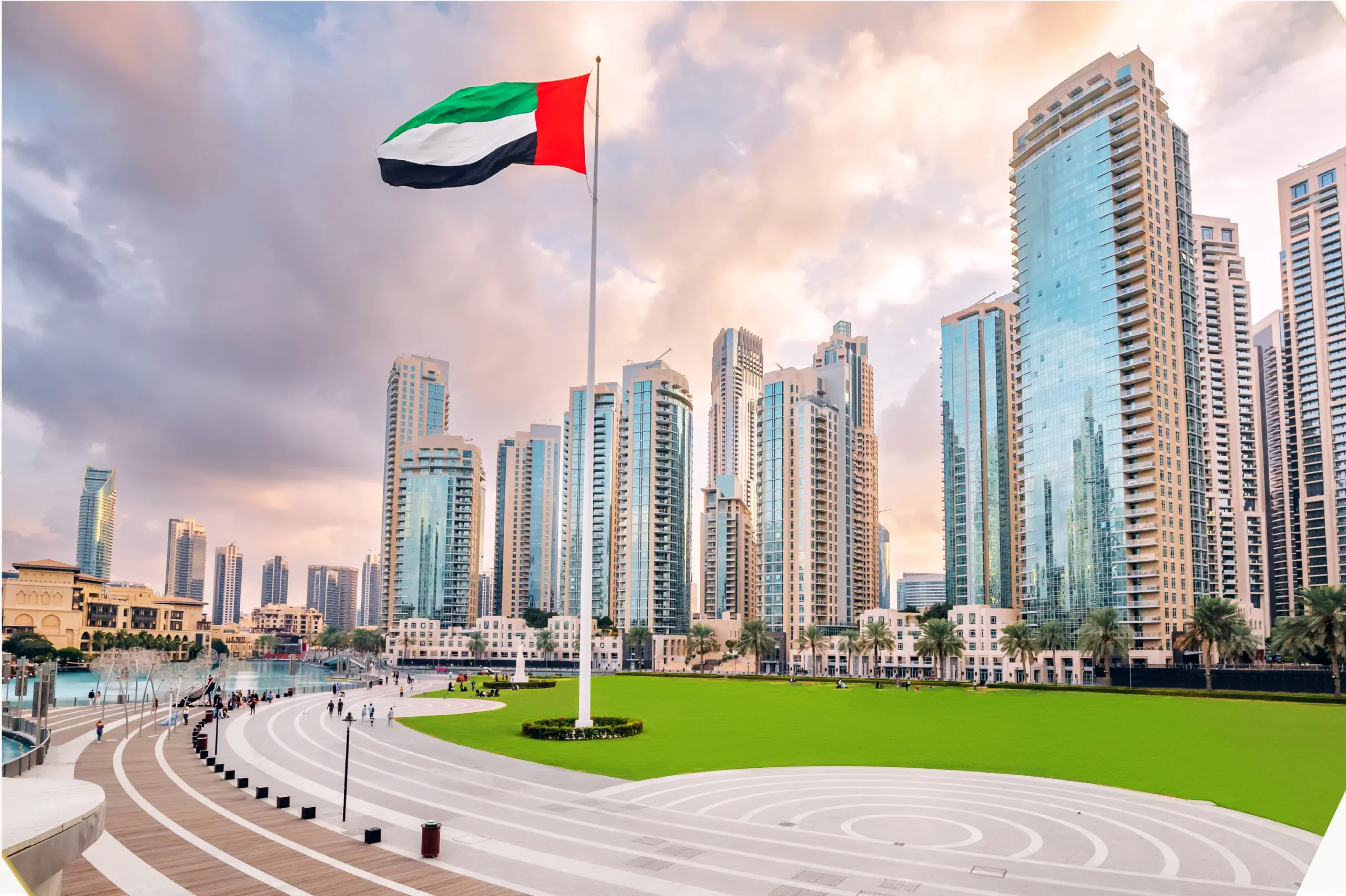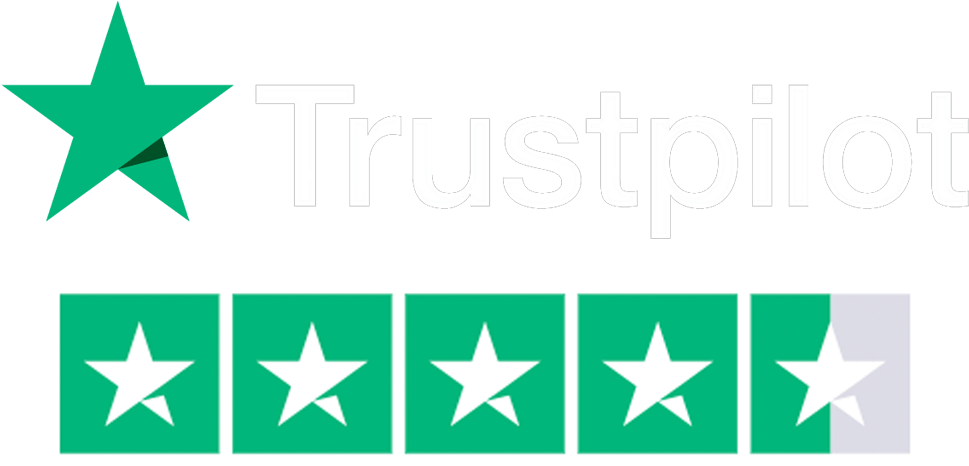Dubai is taking a significant step toward enhancing early childhood education with the introduction of the Learner’s Passport. This innovative initiative, part of the ‘Education Strategy 2033,’ aims to track each child’s educational journey from birth, empowering parents to make informed decisions about their child’s learning path. Announced by the Knowledge and Human Development Authority (KHDA) in collaboration with the Dubai Health Authority, the program guarantees every child’s right to education while ensuring no child is left behind.
Addressing Gaps in Early Childhood Education
Aisha Miran, KHDA’s Director-General, highlighted the need for the Learner’s Passport, citing below-average enrollment rates of Emirati children in early childhood centers compared to global standards.
The new system registers children at birth and monitors their progress, ensuring immediate action for those not yet enrolled in school. “Scientific studies show that 90 percent of a child’s brain development occurs between zero and five years, making this a critical stage for shaping future academic success,” Miran noted.
Dubai Launches Learner’s Passport to Strengthen Early Education Tracking is part of the city’s ongoing commitment to innovation and development in all sectors, including education. As the UAE continues to attract families from around the world, visa services Dubai play a key role in supporting newcomers. These services ensure a smooth and efficient process for families relocating to Dubai, allowing them to focus on their children’s education and development as part of the city’s dynamic, growing community.
The Learner’s Passport will offer parents access to information about nurseries, early learning centers, and various educational paths, including both academic and vocational options. This enables parents to make well-informed choices tailored to their child’s needs.
This is not Dubai’s first foray into enhancing educational tracking systems. Previous programs focused on improving the quality of teaching and increasing parental involvement in early childhood education. The city’s past efforts, such as the ‘Smart Learning Initiative’ introduced in 2012, aimed at integrating technology into the classroom, have shown Dubai’s ongoing commitment to educational reforms.
Why Early Tracking Matters?
Experts in early childhood development emphasize that tracking a child’s progress can significantly impact long-term educational outcomes. “When parents and educators work together to monitor learning milestones, the chances of addressing developmental issues early on increase,” says Dr. Hana Al Kaabi, a renowned educational psychologist in the UAE. She adds that initiatives like the Learner’s Passport can help close learning gaps and set a foundation for lifelong learning.
Parents are encouraged to stay informed about the Learner’s Passport and explore the options available through the KHDA. Stay updated on new developments, and ensure your child benefits from the latest educational resources.
Visit KHDA’s website to learn more about Dubai’s early education tracking and the latest education initiatives in the UAE.







